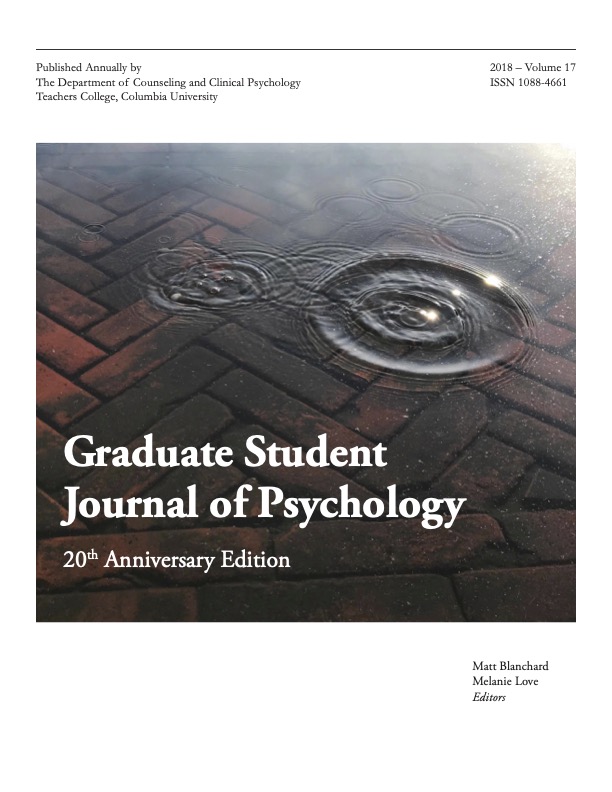Self-Other Agreement in the Assessment of Personality Pathology: Do We Always Know Ourselves Best?
Main Article Content
Abstract
Assessment of personality pathology can vary greatly depending on who is doing the assessment. Agreement between self- and informant-reports can be influenced by deviating patterns of thoughts and behaviors which are characteristic of those with personality pathology. In the current study we investigated whether presence of personality pathology was associated with the level of agreement between self- and informant-reports using a sample of 83 current or recent psychiatric patients, each accompanied by a close other. Target and informant participants reported presence of personality pathology using a measure for personality disorder criteria and a measure for maladaptive personality traits. Personality disorder criteria scores and PID-5 trait scores were correlated with level of agreement on different measures to assess whether personality pathology was associated with self-other agreement. Five-Factor model traits were also included as criteria in the analysis. Results were partially consistent with previous findings. Higher informant-reported personality pathology was associated with lower agreement for a measure of Five-Factor model traits. However, higher target-reported personality pathology was actually associated with increased agreement for Five-Factor model traits. Higher pathology as rated by the self and informant were both associated with increased agreement on PD criteria and maladaptive traits. Higher target-rated personality pathology was also associated with higher agreement on acquaintanceship. In conclusion, insight about one’s own personality pathology is related to self-other agreement, and the strength and direction of this relationship can differ depending on the type of information that is being judged.
Article Details
Section
Articles

This work is licensed under a Creative Commons Attribution-NonCommercial 4.0 International License.
How to Cite
Tom, K., & Simms, L. J. (2018). Self-Other Agreement in the Assessment of Personality Pathology: Do We Always Know Ourselves Best?. Graduate Student Journal of Psychology, 17, 56–67. https://doi.org/10.52214/gsjp.v17i.10920

